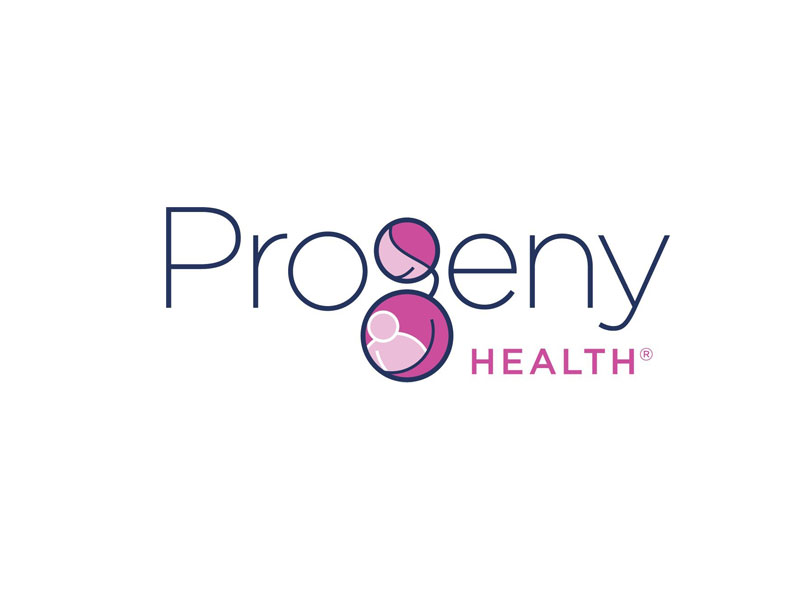ProgenyHealth, LLC, a recognized national leader in Maternity and NICU Care Management, has officially published results from its 2025 key trends and insights report called Steep Challenges & Uneven Progress, which identified critical areas within maternal and infant health space to watch in 2025.
To understand the significance of such a development, we must take into account how United States’ mortality rate is the highest of all high-income nations. Making this even more concerning is the fact that as many as 80% of maternal deaths, many of which occur in the first 42 days after giving birth, have been found to be preventable.
Talk about ProgenyHealth’s report on a slightly deeper level, we begin from its claim that maternal decision-making is going to take the center stage in 2025. We get to say because the concept of self-determination in the birthing process is being taken more seriously by medical institutions that are piloting programs to create dedicated care teams to listen to, work with and support those going through the birthing process. At present, all the relevant research continues to show that providing women with a more empowered birthing experience pays off eventually.
Next up, we must dig into how the stated report predicts neonatology to effectively scale up the viability of micro preemies. You see, until very recently, a startlingly low number of infants, born before 26 weeks, were likely to survive. However, thanks to strides being made in the field of neonatology, many infants born today, as early as 22 weeks, are not only surviving but they are also enjoying great overall health. Moving on, ProgenyHealth expects this growth to continue on its trajectory during the upcoming year.
“While many challenges exist, there is continued hope on the horizon, as an increasing volume of healthcare-focused experts strategize to turn this situation around—and as new trends emerge to offer fresh opportunities and solutions,” said Linda Genen, Chief Medical Officer at ProgenyHealth. “These shifts promise to upend the present state of maternal and infant health, setting the nation on a new and better path forward.”
Another thing ProgenyHealth expects is for payers to increase postpartum support. This comes after, between 2017 and 2019, nearly 30% of pregnancy-related deaths happened within six weeks to 12 months after women gave birth. Markedly enough, a large chunk of these deaths were found to have their roots in mental health issues, which tend to go both undetected and untreated in the postpartum period. A more concrete lowdown would reveal that nearly 50% of all postpartum depression cases go undiagnosed.
Moving on, the report in question also sees employees demanding for alternatives to standard insurance products, something they might do in the face of rising costs. Here, as total birth costs are one of the top cost categories for health coverage, employers will bolster their focus on proactive managed care partnerships for the purpose of providing greater support during this complex period.
Moving on, ProgenyHealth tips birth anomalies to mandate the introduction of more complex care in 2025. For better understanding, we must take into account a fact that congenital anomalies are among the biggest causes of infant mortality. Now, with births increasing throughout the nation, the stated anomalies are also expected to go up. As a result, children born with such conditions may require surgical intervention, ongoing physical or occupational therapy, long-term educational support, or a range of assistive devices.
Hold on, there is more, considering we still haven’t touched on a forecast predicting the whole genome sequencing discipline to become a game-changer for newborn care. Basically, Rapid Whole Genome Sequencing (rWGS) testing for newborns may soon address the widespread genetic disorder blind spots. This brand of testing will be used to identify and diagnose numerous conditions, including developmental delays, seizure disorders, conditions that affect hearing, vision, and immune deficiencies.
“At ProgenyHealth, we take pride in being on the front lines of maternal care, providing essential support and contributing to an industry focused on groundbreaking advancements and innovation,” said, Susan Torroella, CEO at ProgenyHealth. “While the year ahead is filled with both obstacles and opportunities.






